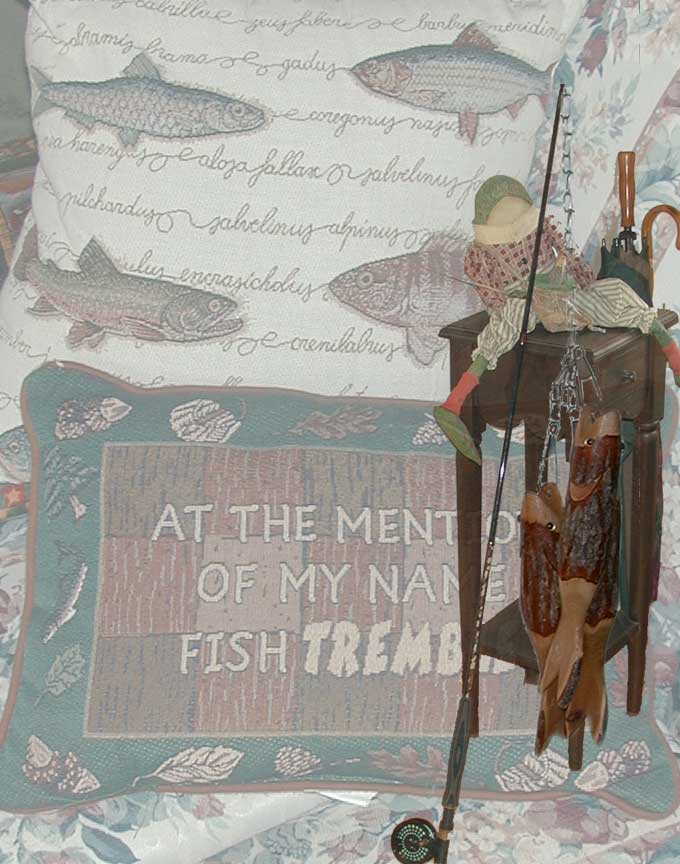Although Richard Hugo tends to be associated with Theodore Roethke more than with Richard Wright, Hugo seems closer in style and content to Wright than to Roethke. Both Hugo and Wright focus on the downtrodden other more than Roethke did. Though all three can be seen as “confessional” poets, Hugo tends to be less so than either Wright or Roethke. Although the details of Hugo’s personal life emerge from the Selected Poems, the focus seems to be on those who have suffered like him, rather than on he himself. He has managed to transcend his own neglect, or abuse, and go on to be a successful poet and teacher. He has not forgotten that background, though. Instead, he has used it to communicate his particular insights to his reader, insights we all need if we are going to deal with society’s ills.
Certainly Hugo’s message is not a unique one, but he does an excellent job of helping us to understand the neglected, the abused, the abandoned. In “What Thou Lovest Well Remains American” Hugo reveals the kind of experience that forever maimed him, but also granted him the remarkable ability to speak for those who have suffered the same way he has.
Poverty might not be contagious, but the despair it breeds may well be. Who can spend years around Ms. Jensen and not feel her sorrow? Who could ignore the fact that the Grubskis went insane? People you love, for better or for worse, always remain with you. And if you’re not careful, and sometimes even if you are, they will adversely affect how you deal with others you love. How many wonderfully competent people we know feel totally inadequate because of how they were brought up as shown in Hugo’s “Eileen.”
It’s hard to miss Eileen’s tragedy, but it’s all too easy to overlook the greater tragedy of the equally-abused younger child left behind to bear the parents’ anger. A child who can now only dream that his sister has gotten away to a better place, and that soon he too can get away. It’s hard not to bring a tear to your eyes when you realize the agony implied in the lines “on the road you left on centuries ago,/ believing you were waving, knowing/ it was just a bird who crossed the road/ behind you and the sunlight off the car.” Even the sister he has most loved because she shared his abuse has abandoned him, and he’s not even sure that she ever loved him or thought enough of him to wave a simple goodbye.
I read these poems now and think I should have read them at the beginning of each semester to help remind me exactly what kind of living hell many of my students had to go through day after day. Is it any wonder that they were unable to learn or that they managed to get in trouble?
In some of the dharma Jack Kerouac wrote, “ I write Duluoz legend not for praise, or blame neither? but for the reason that I have hired myself out to do the work of pity…” It seems that Richard Hugo has hired himself out for the same reason, and he’s done a damn fine job of it.
Like this:
Like Loading...

